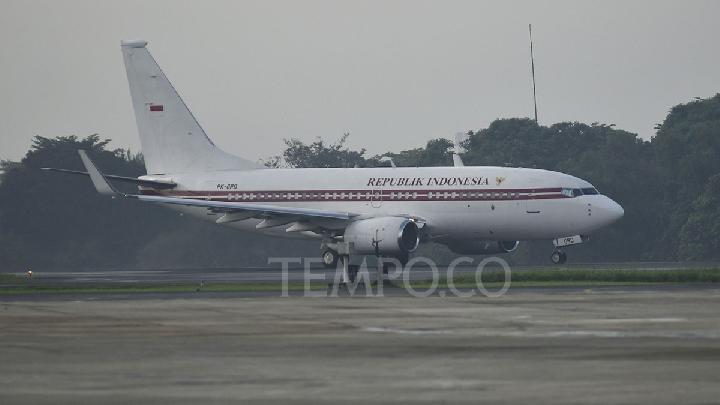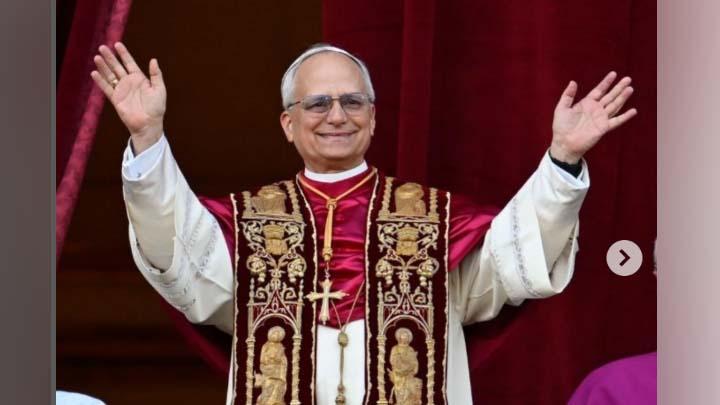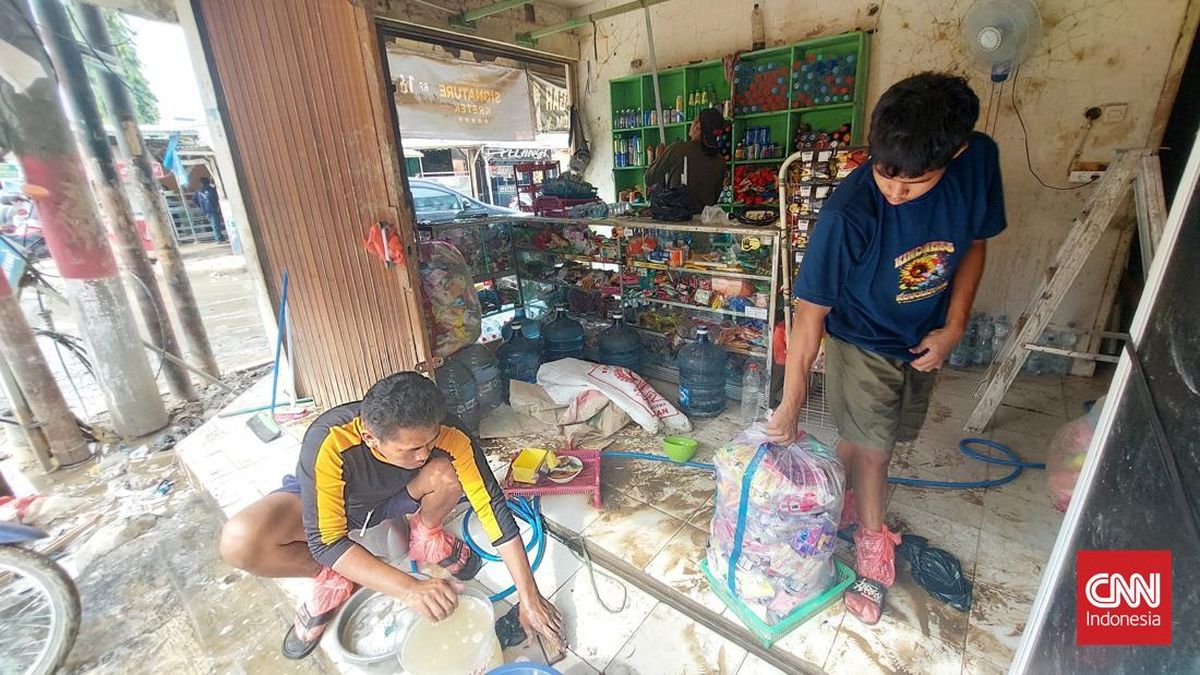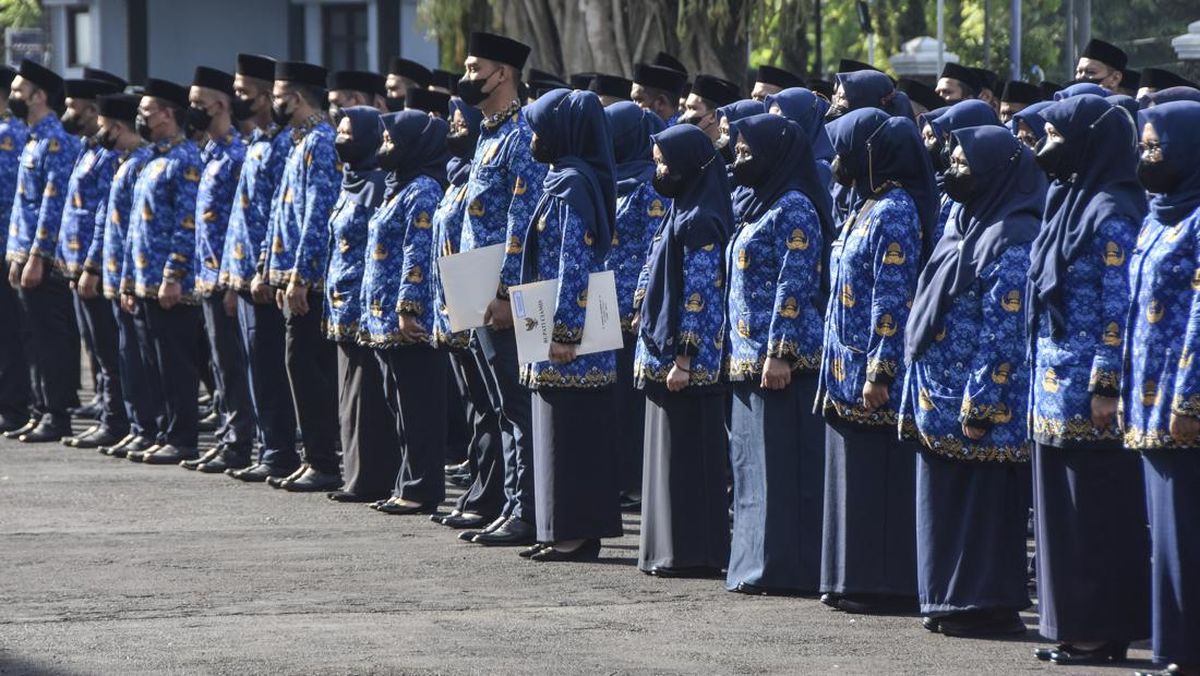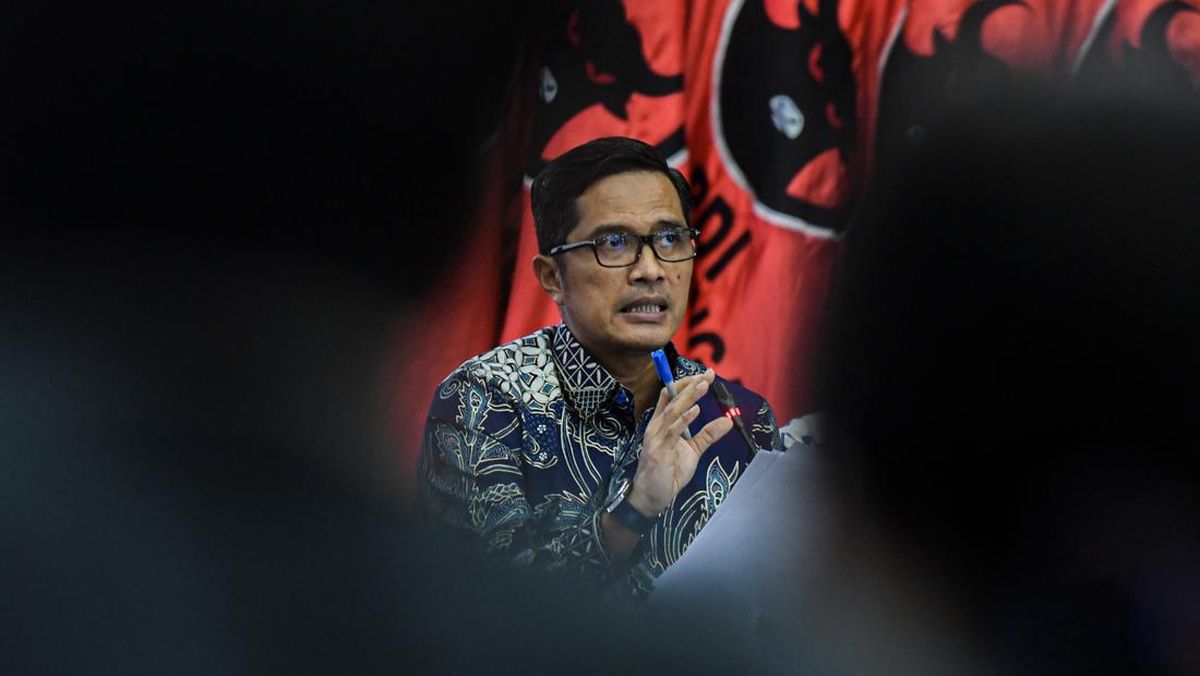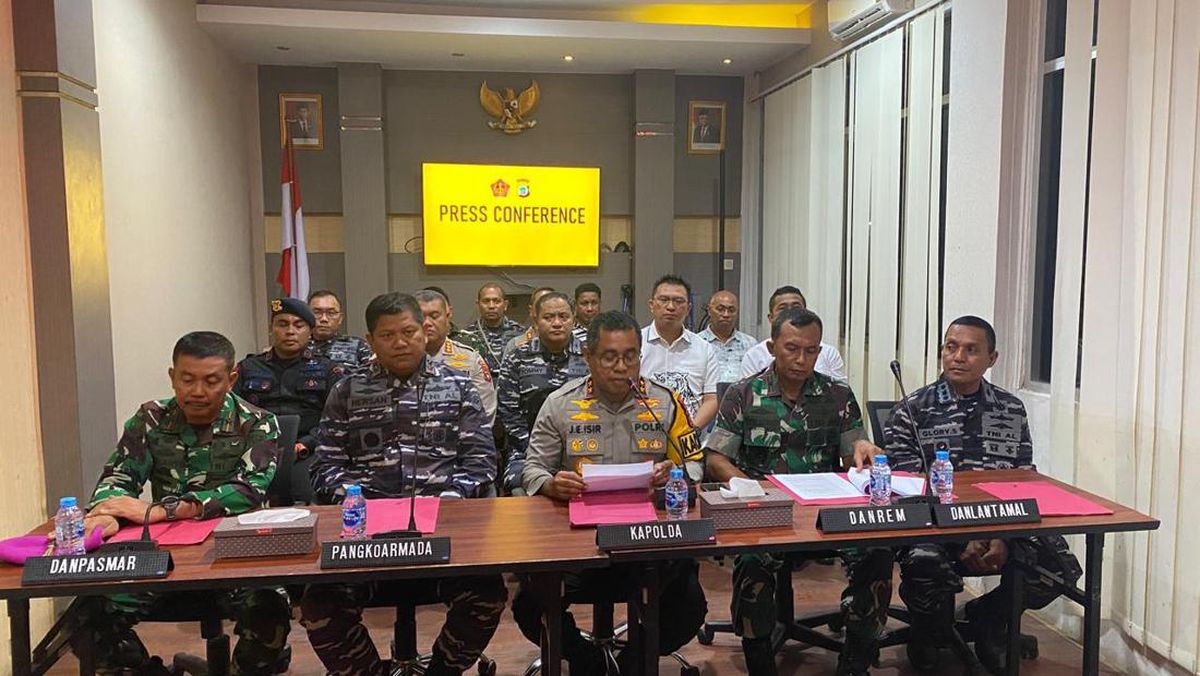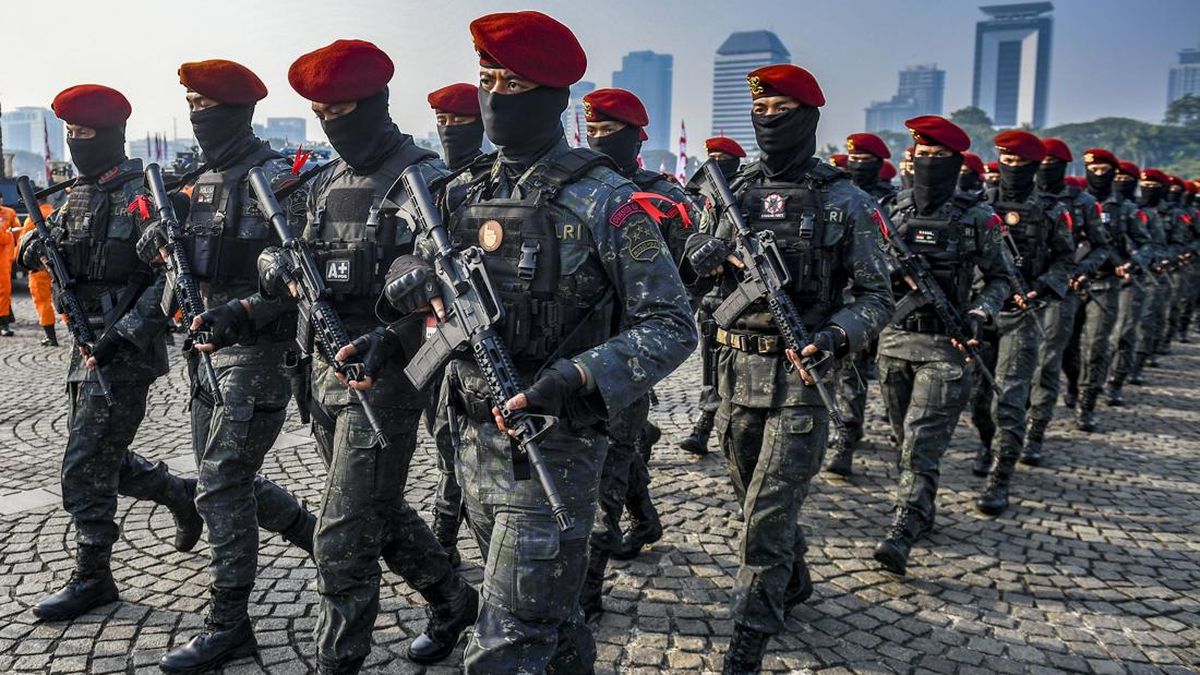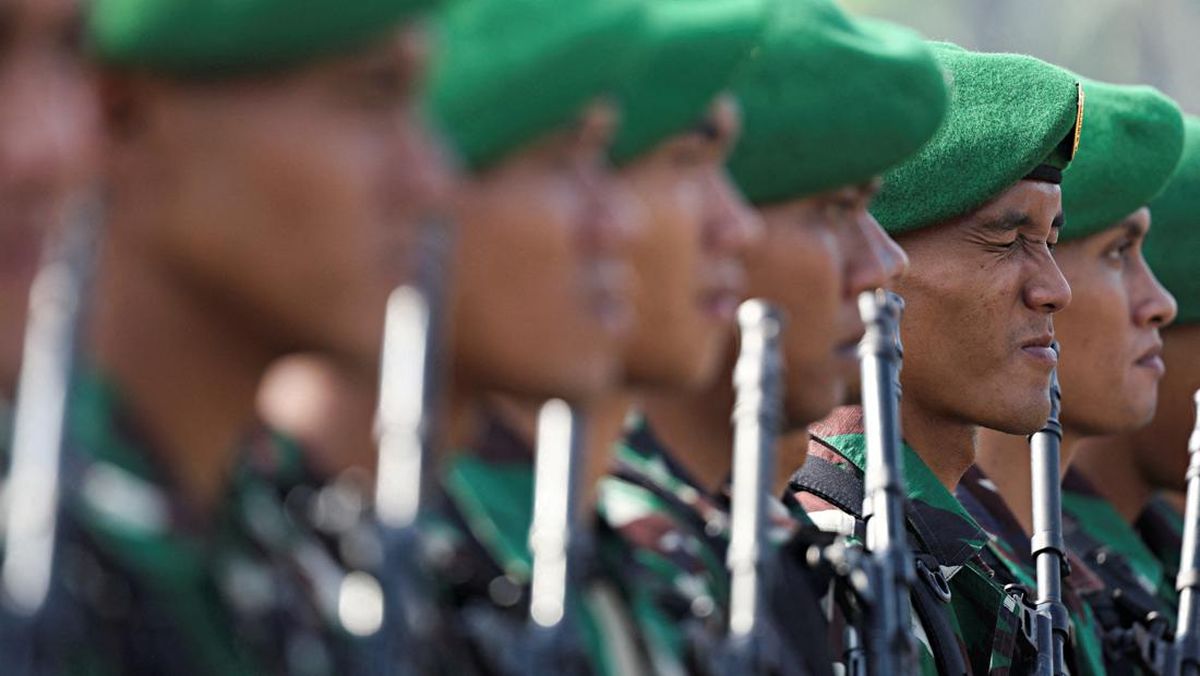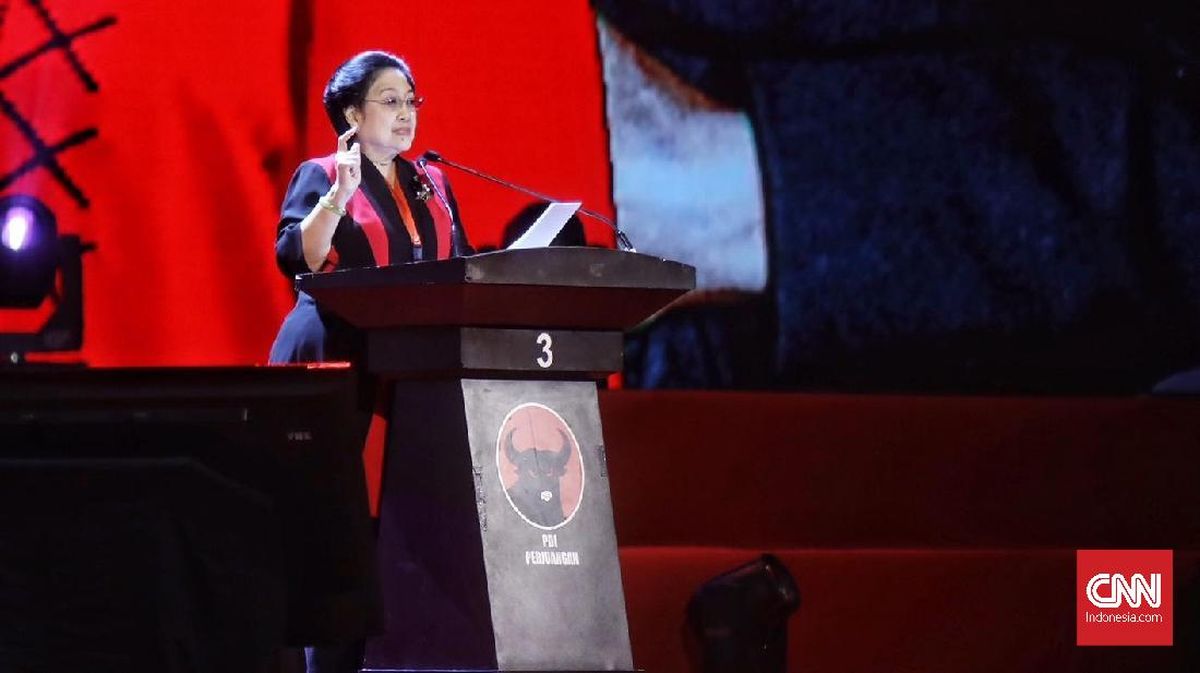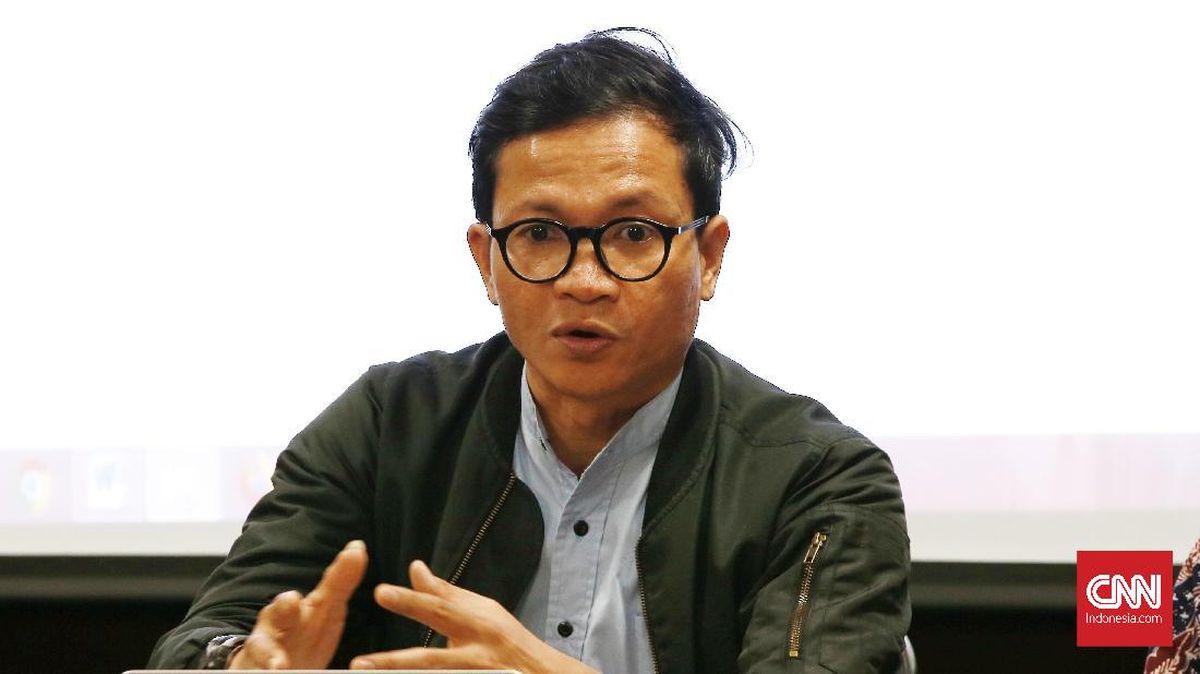January 22, 2025 | 08:34 am

TEMPO.CO, Jakarta - Chinese New Year celebrations have been officially designated as a national holiday since January 19, 2001, through Decree No. 13/2001 concerning the determination of Chinese New Year as a Optional National Holiday, issued by the Indonesian Minister of Religion.
Optional holidays themselves are holidays whose implementation is not directly determined by the central government, but rather left to the policies of local governments or related agencies.
In 2025, Chinese New Year celebrations fall on January 29. This is also stated in the Joint Decree (SKB) of 3 Ministers Number 1017 of 2024, Number 2 of 2024, and Number 2 of 2024 concerning National Holidays and Joint Leave in 2025.
Chinese New Year is believed to have origins that can be traced back to the 14th century BC (BC). According to legend, in the past there was a monster named Nian who often terrorized the community and caused great damage. However, this monster is said to be afraid of the color red, the sound of firecrackers exploding, and the light of fireworks.
To protect themselves, people began using these elements to scare and chase away Nian. Since then, this tradition has continued and is believed to be the beginning of the Chinese New Year celebration.
The Origin of Chinese New Year in Indonesia
Chinese New Year is a lunar calendar that was first introduced during the Han Dynasty in China. Based on the book Chinese New Year Traditions, Tempo Data Center, the Chinese calendar system begins the year in spring. This season is considered ideal for agricultural communities in China.
In Indonesia, this tradition was only celebrated openly again after the end of the New Order era, after KH Abdurrahman Wahid or Former President Gus Dur issued Presidential Decree No. 6/2000 concerning the revocation of Presidential Instruction (Inpres) No. 14/1967 on January 17, 2000. The Inpres was about restrictions on Chinese Religion, Beliefs, and Customs, which were previously issued by President Soeharto on December 6, 1967.
Before there were restrictions or prohibitions on Chinese New Year celebrations during Soeharto's reign, precisely after Indonesia's independence, Soekarno issued Government Decree No. 2/OEM-1946 concerning religious holidays, including celebrations for the Chinese community. In the decree, four main celebrations were listed, namely Chinese New Year, Confucianism's death anniversary on the 18th of the 2nd month of the Chinese calendar, Cheng Beng, and Confucianism's birthday on the 27th of the 2nd month of the Chinese calendar.
At that time, the Chinese community in Indonesia had freedom of expression, such as using Mandarin and regional languages, embracing Confucianism, publishing Mandarin newspapers, singing Mandarin songs, and using their real names. Schools, shops, restaurants, and workshops were also free to put up signboards in Mandarin.
Entering the Soeharto era, through the Presidential Instruction, all Chinese religious ceremonies, beliefs, and customs were very limited in their movements, could only be celebrated in the family environment and indoors, taking place in secret.
Ultimately, the restrictions on religious celebrations stopped during the Gus Dur era. The Chinese community in Indonesia finally regained the freedom to practice their religious beliefs, beliefs, and traditions without hindrance. This includes the opportunity to openly celebrate various religious ceremonies and customs, such as the Chinese New Year celebration, Cap Go Meh, and other traditions.
Andini Sabrina and Artika Rachmi Farmita contributed to the writing of this article.
Editor's Choice: Traditions Before Chinese New Year: How Chinese Families Prepare
Click here to get the latest news updates from Tempo on Google News
Traditions Before Chinese New Year: How Chinese Families Prepare
11 jam lalu

Beyond the red envelope exchange, the traditions before Chinese New Year hold as much significance upon the entire celebration.
Chinese New Year Taboos: 14 Things to Avoid for Good Luck
16 jam lalu

There are various taboos during Chinese New Year, each has deep symbolic meaning in Chinese culture.
Jaecoo Comes to Indonesia with J7 Hybrid Car
19 jam lalu

Jaecoo introduces itself in Indonesia and brought the Super Hybrid System (SHS) to the Jaecoo J7 line.
The Reason Prabowo is Confident Indonesia Will No Longer Import Fuel in the Next 5 Years
19 jam lalu

Indonesian President Prabowo Subianto believes that Indonesia will soon achieve energy independence or self-sufficiency in the near future.
13 Chinese New Year Dishes to Welcome the Year of the Snake
20 jam lalu

Explore Chinese New Year dishes that go beyond the taste buds to foster wishes for prosperity, good fortune, and longevity for the Year of the Snake.
Energy Minister Says 60 Percent of New Power Plant Projects in Indonesia Will Be Managed by Private Sector
1 hari lalu

Indonesian Minister of Energy says that 60 percent of the construction of power plants in the future will be handed over to the private sector.
BNPB Says 8 People Died in Bali Landslide Disaster
1 hari lalu

Indonesia's National Disaster Management Agency (BNPB) confirmed that eight people died in the landslides that hit two areas in Bali.
Govt 'Never Heard' of Trump's Gaza Relocation Plan to Indonesia
1 hari lalu

Many believe the relocation would provide an excuse for Israel to expel the people of Gaza from their homeland.
China's BYD to Complete US$1bn Indonesia Plant by Year-End, Executive Says
1 hari lalu

China's top electric vehicle maker, BYD, aims to complete its $1 billion plant in Indonesia at the end of 2025
Indonesian Workforce Productivity Lags Behind Southeast Asian Peers
1 hari lalu

The Industry Ministry stated that Indonesian workforce productivity falls behind its Southeast Asian counterparts.




